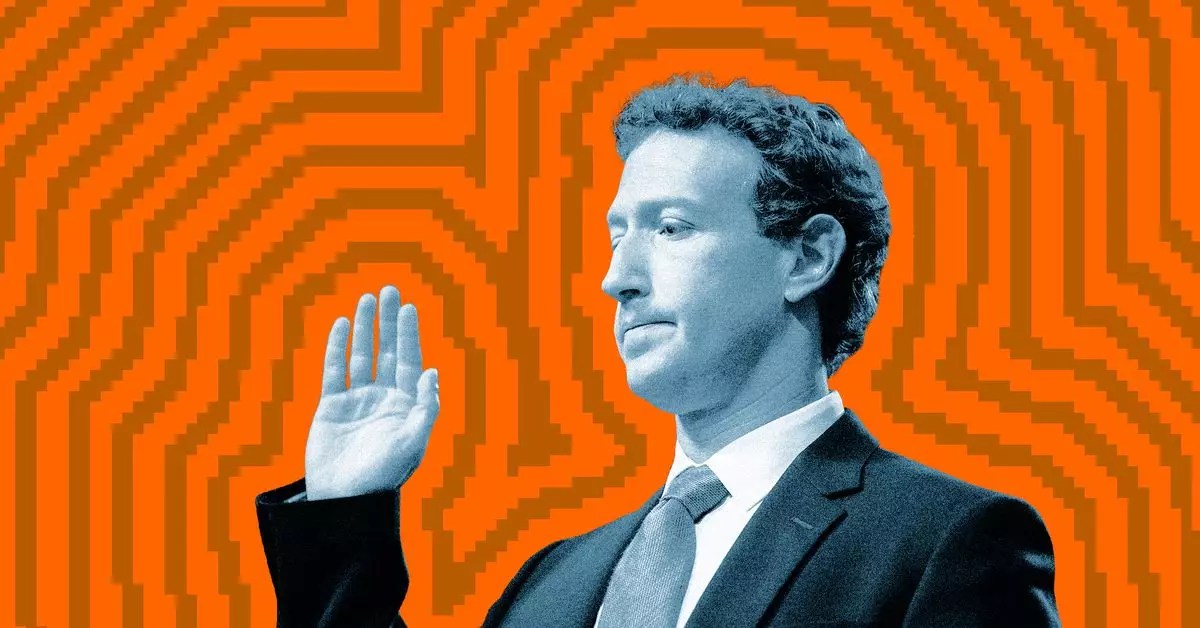In a turn of events that many in tech and politics have been closely monitoring, Meta’s CEO Mark Zuckerberg dined with President-elect Donald Trump at the luxurious Mar-a-Lago estate. This unexpected coupling of tech leadership and political authority has drawn considerable attention, especially given the polarized sentiments surrounding both figures. Zuckerberg, who has often been scrutinized for Facebook’s role in influencing public opinion and election outcomes, finds himself navigating a complex landscape where his business intersects with the realm of governance.
The significance of Zuckerberg’s meeting with Trump cannot be overstated. According to Meta spokesperson Andy Stone, the gathering represents “an important time for the future of American Innovation.” This statement encapsulates the duality of Zuckerberg’s position — on one hand, he is a pioneer championing innovation; on the other, he frequently faces allegations regarding how his platform has facilitated misinformation and influenced democracy. Critics have called for accountability, accusing Zuckerberg of turning a blind eye to Facebook’s alleged misuse, particularly during highly contentious events like the 2020 presidential election.
In recent years, the scrutiny faced by tech billionaires like Zuckerberg has intensified, particularly surrounding their capacity to wield influence over political narratives. The dinner at Mar-a-Lago is a reminder of the larger conversation about the implications of big technology on American democracy. Many have contended that Zuckerberg’s past support for various political initiatives, including mail-in ballots, serves as evidence of his vested interest in shaping electoral outcomes. This criticism has led some figures, including political commentators, to advocate for severe repercussions, including incarceration.
The Future of Tech-Political Collaboration
This meeting hints at a possible future where collaboration between tech leaders and political figures becomes more commonplace. The repercussions of such partnerships can range from beneficial synergies aimed at fostering innovation to dangerous alliances that may compromise democratic values. As tech companies like Meta continue to develop powerful platforms that can sway public opinion, it will be imperative to scrutinize the ethics of these collaborations and their potential consequences for society.
As we advance into an era where the lines between technology and politics blur, the implications of Zuckerberg’s dinner with Trump generate a wealth of questions regarding governance, responsibility, and ethical leadership. This intersection poses a dilemma that demands careful consideration from both the tech community and political entities. The evolving narrative surrounding this meeting reinforces the necessity for ongoing dialogue about the roles that technology and its leaders should play in political discourse and, ultimately, the preservation of democratic ideals. The future may be unpredictable, but the discussions sparked by such meetings are crucial for navigating the challenges ahead.


Leave a Reply